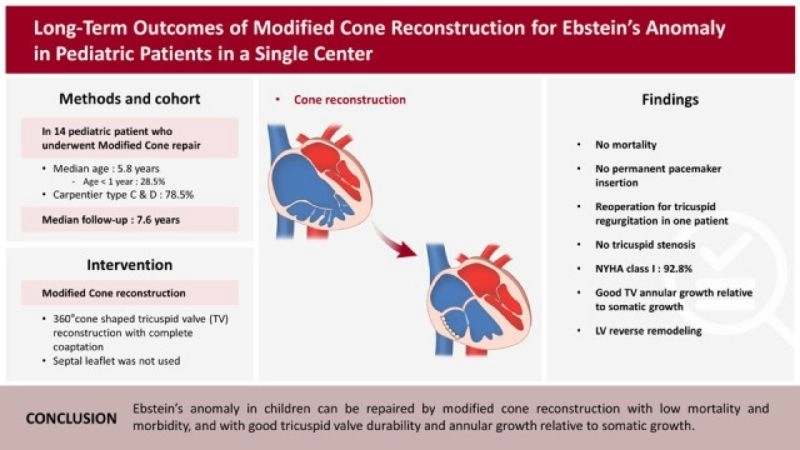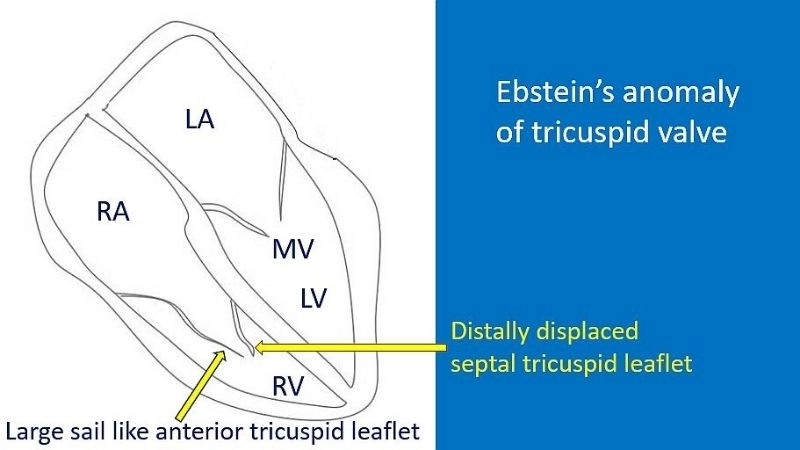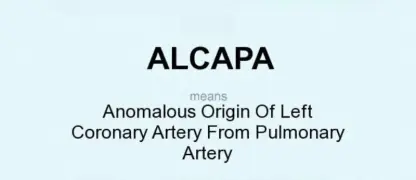Ebstein's Anomaly is a rare congenital heart defect affecting the tricuspid valve, causing heart complications that require careful diagnosis and proper treatment.
What are the main causes of Ebstein's anomaly?
- Genetic mutations affecting heart valve development during pregnancy can lead to Ebstein's anomaly, making it a congenital heart defect diagnosed at birth.
- Environmental factors, such as maternal exposure to certain medications or toxins, may increase the risk of a child developing Ebstein's anomaly before birth.
- A combination of inherited genetic traits and prenatal health conditions can contribute to abnormal heart valve formation linked to Ebstein's anomaly.

Ebstein's anomaly symptoms and warning signs to know
>>> See more: Pulmonary Atresia medical advances in care and treatment
Key symptoms of Ebstein's anomaly to watch for
- Shortness of breath during physical activity is common in patients with Ebstein's anomaly due to poor heart function and decreased oxygen circulation.
- Swelling in the legs, ankles, or abdomen may occur when the heart struggles to pump blood effectively, causing fluid buildup in the body.
- Heart palpitations or abnormal rhythms are frequent, as Ebstein's anomaly often affects the electrical system that regulates heartbeat consistency.
How can you prevent Ebstein's anomaly effectively?
- Genetic counseling before pregnancy helps identify risk factors and allows families to make informed decisions about potential congenital heart conditions.
- Maintaining good maternal health during pregnancy reduces risks, including avoiding harmful substances like alcohol, tobacco, and unsafe medications.
- Regular prenatal care with ultrasound and monitoring increases chances of early detection, enabling prompt management of heart abnormalities in the fetus.

Ebstein's anomaly treatment medical and surgical options
>>> See more: Tricuspid Atresia symptoms in infant and early warning signs
Images visual examples of Ebstein's anomaly
Ebstein's anomaly is a rare congenital heart defect where the tricuspid valve is malformed, causing improper blood flow between the right atrium and right ventricle.







>>> See more: Aortic Valve Atresia risk factors and early detection tips
Living with Ebstein's Anomaly requires early diagnosis, effective treatment, and proper care to improve quality of life and manage heart health effectively.





